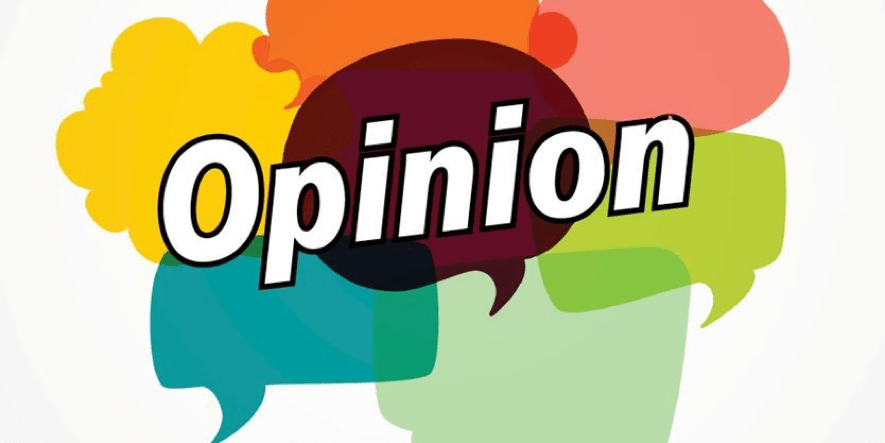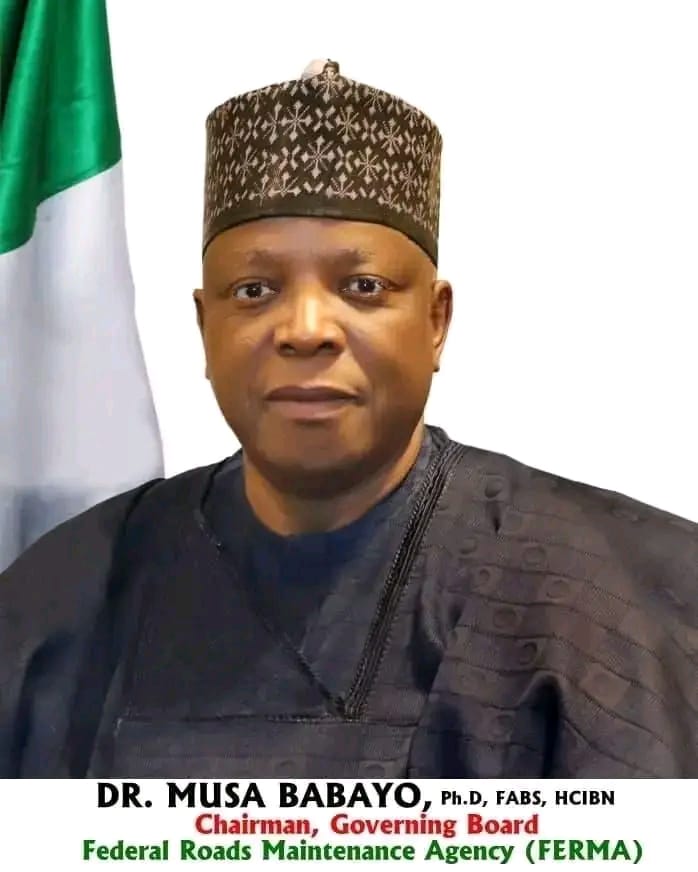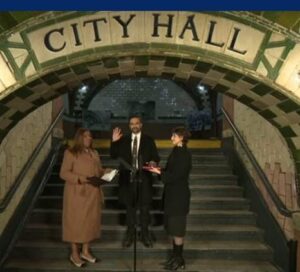The value of good manners
[ad_1]
ENTITLEMENT, I think, can be a healthy trait. It betrays our humanness, and it can be a call for decent human behavior, if applied in the right context. And I am writing about rightful entitlement; being entitled to the amount to which a person has a right. For example, we should be entitled to our salaries after working for them. Besides, we should be entitled to, and even fight for, fair treatment, peace of mind, quality education, some amount of freedom to do as we like, and in the most mundane way, we should be entitled to please, I’m sorry, and thank you. To disagree with this kind of entitlement is to neglect what should be the moral fabrics that hold our humanity together: honesty, compassion, care, empathy, kindness, and tolerance. I am human, and I often feel entitled to whatever is within the purview of my rights. I should feel entitled to getting appreciated for my efforts (insert ‘thank you’); I should feel entitled to getting human courtesy while they request my help (insert ‘please’); and I should also feel entitled, knowing that I deserve an apology for a wrong done to me (insert ‘sorry’). Why should anyone care about using these statements: please, I’m sorry, and thank you?
In my years of teaching in classrooms, I have told my students how powerful these statements are, in a way that shows not only the intensity they carry but also how they portray us as better human beings. Take for instance, cooking is a stressful activity, too stressful to be the sole burden of one person who lives alone or even as a couple. I once had a roommate who doubled as my best friend, and being the better cook or someone who naturally enjoys cooking, I take pride in cooking for both of us, all the time. He does not like cooking and cannot cook decent meals aside for his own consumption. Anytime he finishes his food, he simply drops his plate and continues his itinerary. I do not like harbouring bitterness, it affects my entire being. One day, I called him aside and in the most blunt way possible, “guy, you should at least have the decency to say thank you after eating the food I cooked,” I told him. Even though you bring the money to the table or we jointly contribute. He replied okay and then changed for the better.
In my most appreciative way, while growing up, I knew what it meant to have someone who brought food to the table. I thanked my mom after every meal. These days, I also say thank you after every compliment I receive about my dressing, look, work done and other things. I deserve it, as much as I deserve every good thing I feel. Saying thank you is a way we show our decency as human beings, it is a way we tell others how significant what they have done is, a way we make others feel valued, seen, and loved, especially when the situation could have turned out the opposite. Since I started working as a teacher in 2015, I have always thanked my employer after I got my salaries/wages. Saying thank you to demonstrate how decent they are as human beings, and as a way to remind myself that in an environment where there are still decent employers who regularly pay their workers’ salaries/wages as and when due, they deserve to feel valued and acknowledged.
ALSO READ FROM NIGERIAN TRIBUNE
Recently, a friend chatted me up, requesting for urgent 2k. In his message, “Guy you fit transfer 2k?”, and, as much as I was already running low on cash but could have spared him that amount, I replied no. I did not mean he felt entitled, I only felt please could have accompanied his message and that please might have softened my rigidity. Oftentimes, it is pride that inhibits us from saying please, pride so corrosive and destructive that it can hinder us from getting helped. We should say please as a way of acknowledging that we are humans who need some help from others, help which we cannot get by ourselves. In my most characteristic manner, I say please when I am asking someone to open the door for me, or even to call me, to wait for me, and it can also be to remind me of something that they themselves need, or when I tell my students to do their assignments. Using please in these instances can be almost ludicrous at times, but it is a way to acknowledge that others need it for them to feel acknowledged and valued, for them to know that the instructor or the sender acknowledges how it feels for them to perform some certain tasks.
If I tell you sorry, it is because I believe I have wronged you in some way. I’m sorry seems better than mere sorry here. By personalising it, you are acknowledging that you are indeed sorry. Saying I’m sorry is not a sign of weakness; it can be a way to save yourself from some unnecessary headache. In Nigeria, however, it is rather becoming increasingly uncommon to see a boss or a director or a manager who acknowledges that he is wrong and will be humble enough to say I’m sorry. Saying I’m sorry betrays your humility and makes you acknowledge that you are human who is fallible. Sometimes, you might not even be wrong, saying I’m sorry makes you humane enough to acknowledge the other person’s feelings. It is a way of telling the person that ‘oh I dragged you into this mess and I’m sorry I made you feel this way’.
- Ikuerowo writes in from the University of Ibadan
[ad_2]















Post Comment